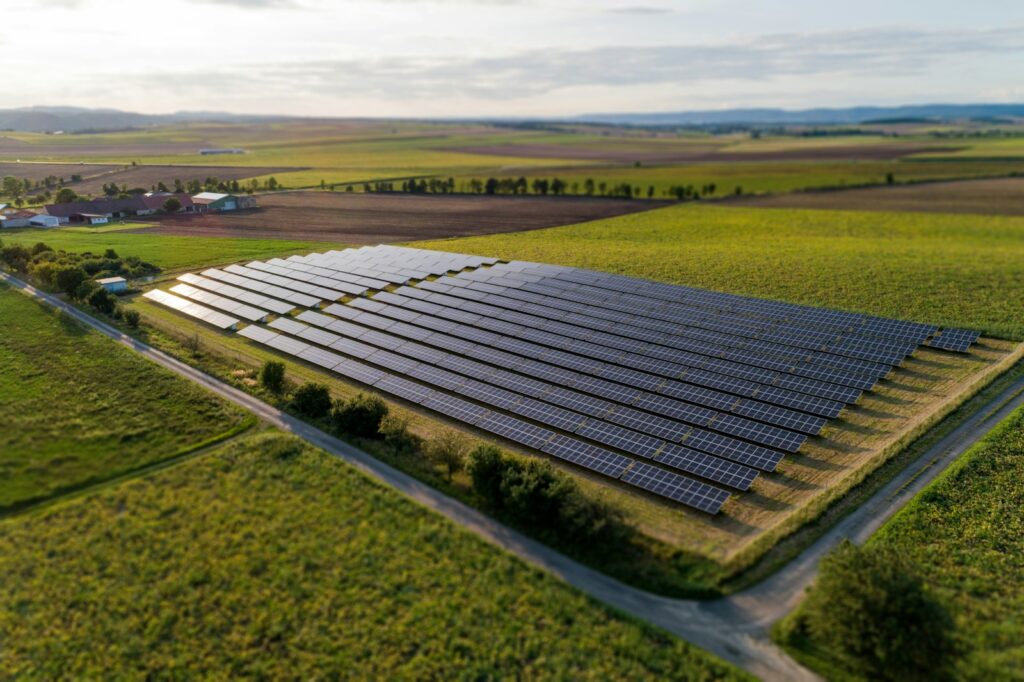Climate change could send the world’s energy needs soaring by forcing more people to reach for air conditioning, making levels of greenhouse gas emissions even worse.
These are the findings of a new study, which has warned that even a modest increase in global temperature could increase the world’s energy demands by as much as 25% by 2050, as the use of cooling and air conditioning technologies rises.
The study, published in the journal Nature Communications, contradicts the findings of earlier research focused on the United States, which suggested that climate change could, in fact, reduce total energy consumption.
The new study’s authors say its findings illustrate the need to roll out zero-carbon methods of energy generation as soon as possible.
Anthony Janetos, chair of Boston University’s Climate Action Plan Task Force and professor of earth and environment at its College of Arts and Sciences, said: ‘We’ve known for a long time that energy demand would grow as a function of population growth and economic development.
‘But for the first time, this paper has given us estimates of the growth in energy demand as a function of climate change itself—a potentially disruptive positive feedback.’
The research team from the US, Austria and Italy compared statistical models of energy demand with global temperature projections under several scenarios, using 21 independent climate models and 5 different scenarios for economic and population growth.
Overall, the results showed a substantial increase in energy needs, not only as a result of rising temperatures but also countries’ socioeconomic development.
The researchers calculated that by 2050, the global demand for energy resulting from population and income growth will be two to three times what it is now, rising particularly in poorer but rapidly developing countries around the tropics.
‘Moderate’ global warming would increase the global baseline of energy demands by 11% – 17%, while ‘vigorous’ warming would increase it by a minimum of 25% to as much as 58%.
The effects of a warming climate will differ wildly by region, as energy demands could rise by more than 50% in the tropics and southern United States while falling in places like Northern Europe, Russia and Canada as their need for heating during winter goes down.
The team stressed that what will happen depends on the choices businesses make today, as they warned that generating the extra energy by using fossil fuels risks creating a vicious cycle of global warming.
This latest study echoes the findings of other recent research which found that the world’s ageing population will also lead to higher energy needs.
According to International Energy Agency figures, two-thirds of global energy needs in 2018 were met by oil and gas, while renewables made up the other third.
However, earlier this year, the IEA warned that most sectors are failing to meet their clean energy goals, raising concerns about whether renewable sources can be scaled up quickly enough to meet growing demand.
Photo Credit – Pixabay
















